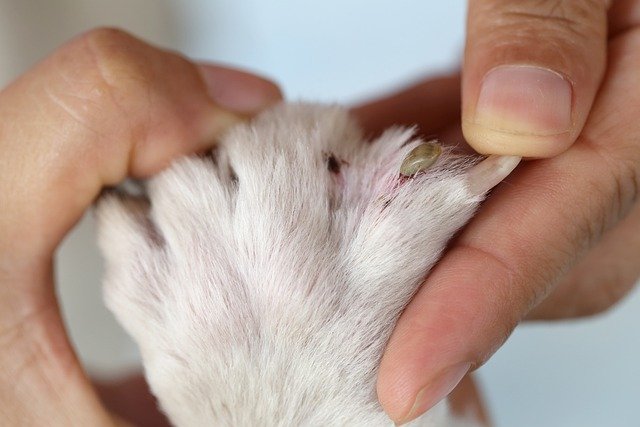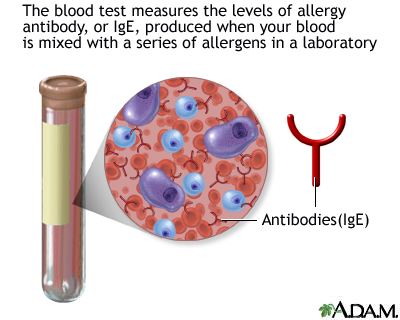
24 Jan HESKA Allergy Testing
If your pet is itchy, and they are up to date with their good quality flea control and don’t have gastrointestinal symptoms regularly, it is safe to say that their immune systems are being triggered by something in the environment – or that they are allergic to something.
Dogs and cats with allergies tend to do one or more of the following lick their paws, have itchy ears, armpits and groins.
Common allergens include house dust mite, grasses, trees, flowering weeds, moulds, fungus and insects like storage mites in dry kibble foods, ants, cockroaches and flea saliva.
Back in the day, many vets would use steroids like prednisolone or cortisone as the only option, sometimes in combination with antihistamines. While these medications are effective and quick to act, this approach leads to hormonal imbalances, thirst, hunger, urinary tract infections, liver diseases, susceptibility to infections and a host of other health problems.
A new class of drugs have been developed by Pfizer in pill form (Apoquel) and injection (Cytopoint). Both of these are much safer and just as effective as steroids, the downside is firstly we don’t know the long term safety of these drugs and secondly, as soon as the pet stops taking the drugs, the skin inflammation comes back which shows up as paw licking again, ear itching again and redness to the skin.
There is a way to cure or manage skin allergies and itching in the long term and that is with allergy testing (specifically the HESKA blood test) followed by tailored vaccines that you give to your pet to desensitise them. These vaccines work by training your pet’s immune system to not recognise the allergens they encounter in life as foreign and then not react to them.
The blood test
If your pet is over 12 months of age and experiencing a flare-up, the HESKA blood test is a reliable way to diagnose exactly what they are allergic to.
When your pet encounters something they are allergic to, they make antibodies that are then present in your pet’s blood. These antibodies are specifically what the HESKA allergy blood test we do picks upon, to tell us precisely what allergens are the root cause of your pet’s itching, paw licking, ear shaking and skin redness.
We take a sample of about 7mL from your pet and send it to a special lab that can detect these antibodies.

What about intradermal skin testing?
What happens once you get the results?
How much does HESKA dog or cat allergy testing cost?
- Veterinary consult
- Allergy testing
- Treatment plan


